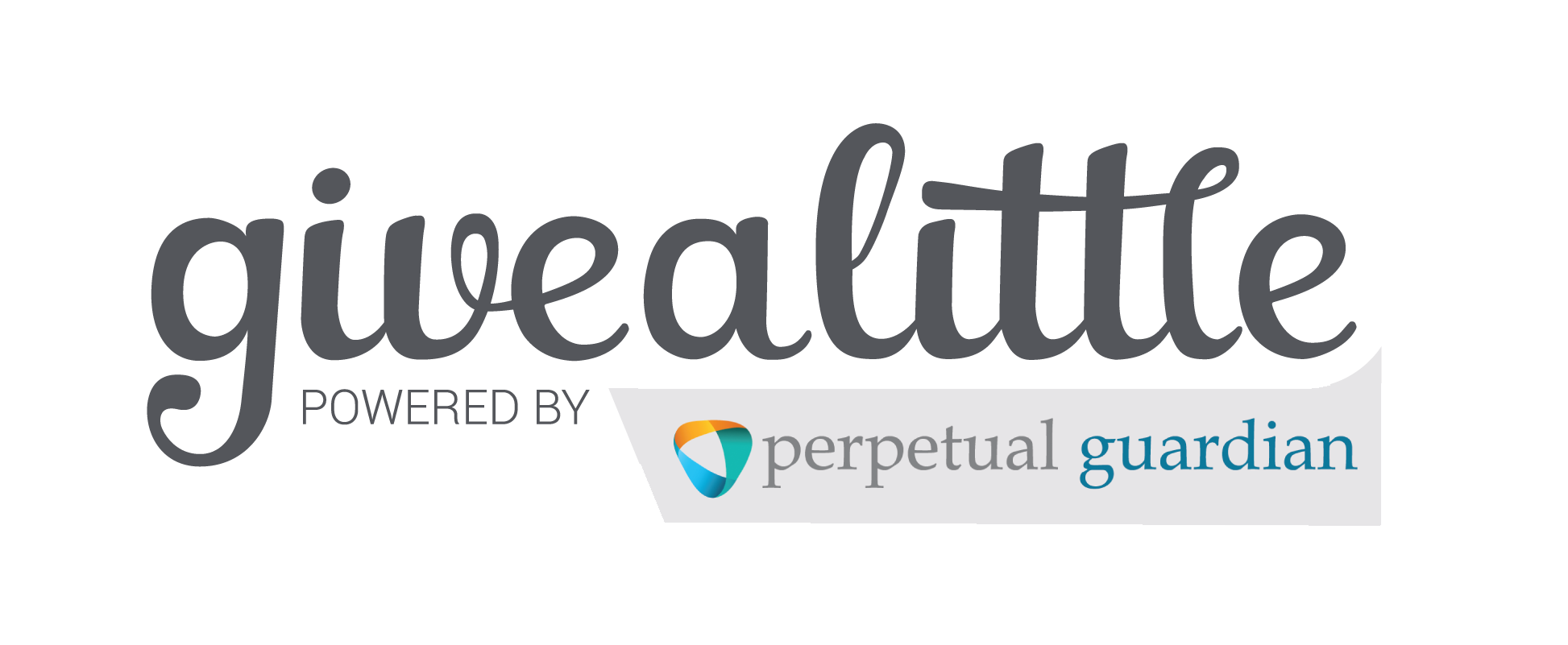One of the best-known consumer brands of the past 50 years might be tempted to update its famous tagline to ‘Just spend it’. In late June the share price of Nike dropped almost 20% after sales disappointed, especially in ‘direct-to-consumer’. This is the second time the company has guided recently to softer sales, with expectations lowered in December last year.
Investors are always searching for the signs that point to the economic temperature and hint to the direction of the investing climate, but single data points can be clunky and present conflicting signals. Nike is a premier global business and presents insight into the markets in which it operates, the effect of changing spending habits and perhaps a pulse of the economic beat.
For Nike, China appears weak; EMEA (Europe, the Middle East, and Africa) is ‘uneven’; and the United States, accounting for more than 40% of sales, slowed significantly. In March the company had expected sales to grow modestly; however, in the short time since, the outlook has changed to being down mid-single digits.
And weakness does not appear to be isolated to companies related to discretionary spending. At the same time as Nike, the US company Walgreens Boots Alliance (think Chemist Warehouse) disappointed investors, suggesting consumers were being more selective in their spending habits and promotional activity was on the rise.
It is not new news, but central banks around the world embarked on a rearguard action to fight inflation. This has been felt by anyone that has debt. Individuals have felt it through fixed-rate mortgages and companies, as with governments, have seen increasingly expensive debt issuance to finance old and cheaper debt.
In New Zealand and Australia, 10-year debt is more expensive than at any time since 2014 and in the US, since 2008.
The only surprise in the effect of the unprecedented pace in the interest rate increase is how long the effects have taken to follow through and its impact be felt. However, employment now appears to be weakening, wage increases are moderating, and signs of consumer discounting appear to be rising.
Interest increases are felt at a different pace by consumers and companies alike but after years of pricing power, do the announcements by Nike and Walgreen Boots signal a change? Are they the canaries in the coalmine?
Living on a desert island would not have removed the rumble of the artificial intelligence (AI) drums and the profound effect that that coming of age, led by Chat GPT in late 2022, has had. Hundreds of billions of dollars have been invested in all things AI, with NVIDIA becoming a household name alongside Apple, Google, and Microsoft. Of course the AI industry is far older than ChatGPT, but the once-nascent industry is set to transform the way we work and with it the economic fortunes of companies.
Understanding how this industry will affect all walks of life is difficult. Some will say we will see significantly higher unemployment, while others will champion the idea that business formation will explode, promoting a new era of productive growth and prosperity.
What is certain is it will not be simple. A widely reported case study may demonstrate how AI may be harnessed to give smaller players a leg up. Swedish financial services company Klarna used its new, Open AI-powered customer services assistant to hand the giant French call centre and office services group Teleperformance a bloody nose and share price decline of 23%.
The market reaction is a useful data point on investor sentiment and the degree to which investors are questioning the fundamentals of business models – but I contend that the movement we are seeing in response to AI investment by companies is happening too soon, or at least ahead of a preponderance of evidence that tells us that all the swings to AI are well aimed.
Dominance of this field is eagerly sought and companies are deploying extraordinary amounts of capital in order to preserve, cement, or establish a presence. Governments too, through policy and subsidy, are investing and positioning for the changing world. Will this lead to further protectionism, a shrinking of trade borders, and isolation? Will inflation from productivity gains fall and will the spectre of rising unemployment lead to lower long-term growth?
When the history of this period is written, the extraordinary intersection of AI-led and pandemic-caused displacement of the workforce and the flow-on economic and social effects might be the real story.
This is a global phenomenon that every country will grapple with.
Tim Chesterfield is the long-time CIO of the Perpetual Guardian Group and the founding CIO and Director of its investment management business, PG Investments. With $2.6 billion in funds under management and $8 billion in total assets under management, Perpetual Guardian Group is a leading financial services provider to New Zealanders.
Perpetual Guardian Group recently acquired boutique fund manager Castle Point, which now forms part of the Group’s investment management suite of businesses.
by Tim Chesterfield, Chief Investment Officer, PG Investments
Disclaimer
Information provided in this publication is not personalised and does not take into account the particular financial situation, needs or goals of any person. Professional investment advice should be taken before making an investment. The information provided in this article is not a recommendation to buy, sell, or hold any of the companies mentioned. PG Investments is not responsible for, and expressly disclaims all liability for, damages of any kind arising out of use, reference to, or reliance on any information contained within this article, and no guarantee is given that the information provided in this article is correct, complete, and up to date.
This article was originally published by the NBR. You can read the original piece here.






